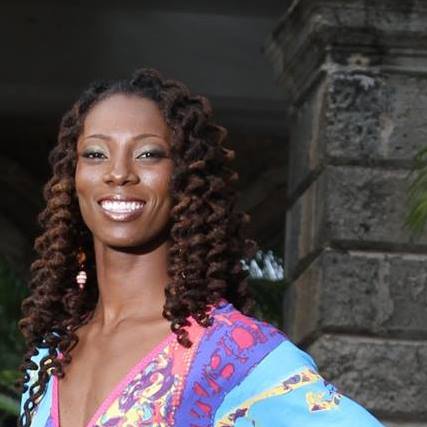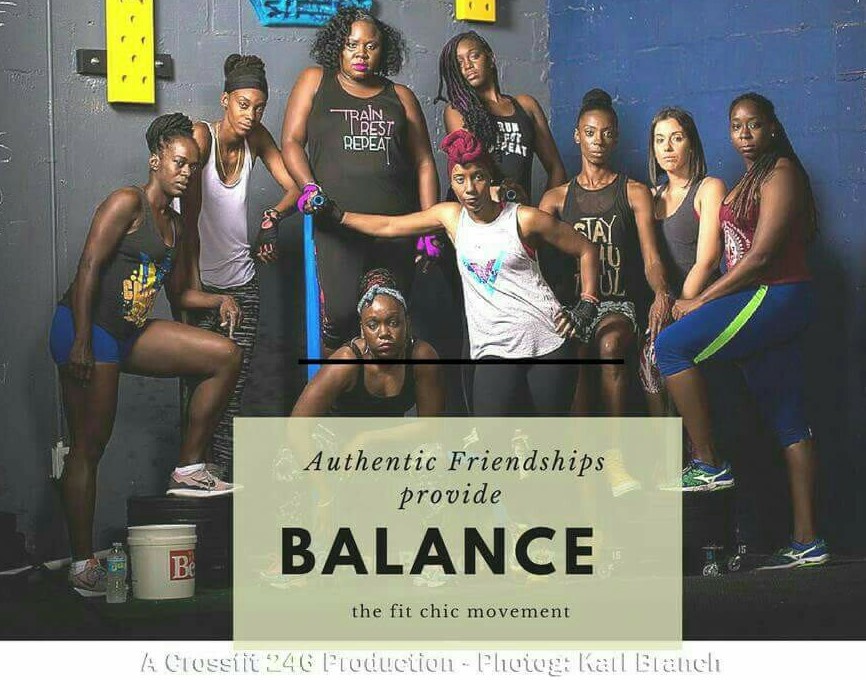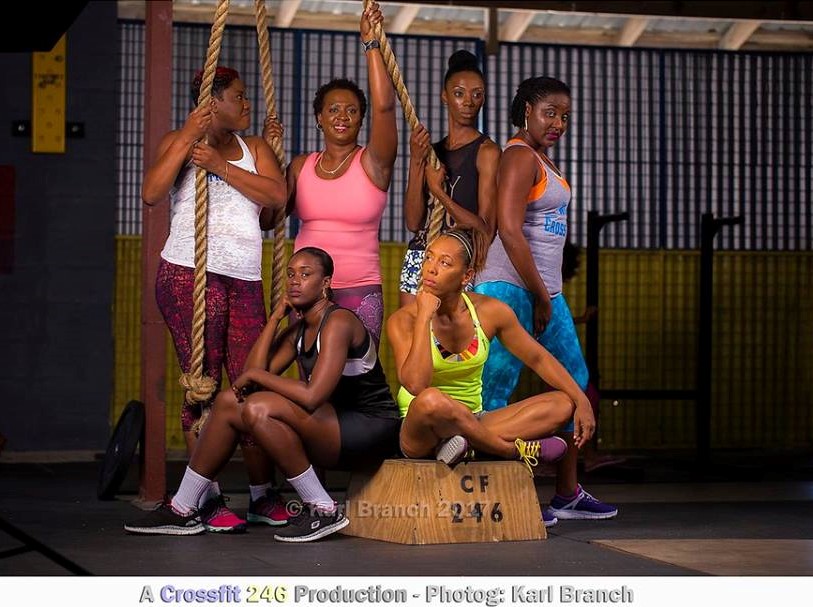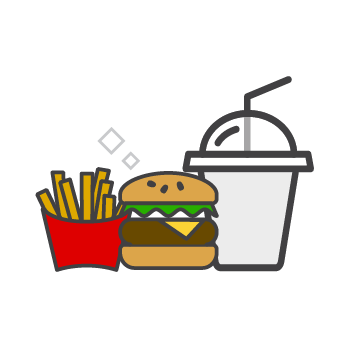Coffee break chat: Entrepreneur Janelle Chase
by Karen Rollins Apr 2, 2018

Janelle Chase-Mayers is the definition of a super woman.
She’s a mother to a nine-year-old boy, a former national volleyball star, and the founder of CrossFit 246, which introduced Barbados to the international, high-intensity fitness movement that has grown in popularity around the world.
Alongside motherhood and gym coaching, Janelle juggles a second career as a marriage and family therapist while also studying for a PhD, providing grief counselling and training to compete in fitness events.
Yello sat down with Janelle to find out more about her entrepreneurial journey, her passion for fitness and why the word ‘progression’ sums up her life.
When did you first find out about CrossFit?
A friend introduced me to CrossFit about five years ago. I was actually rehabbing my knee, which had been damaged playing volleyball, and I was told by a chiropractor that I wouldn’t play again but I recovered by squatting and lunging.
I’d also been overseas to a college in Louisiana on a volleyball scholarship in 1999, and used to train by lifting weights, but when I came back here I found that there was no space available for me as an athlete looking for alternative exercises.
So I knew about weight lifting and gymnastics but I didn’t know CrossFit existed before then.
Where did you start your CrossFit gym?
I started in my living room in December 2012. I sold all my couches and had an open space, and people would come in and perform handstand walks on the wall, run up my stairs, and the pull up station was a bar stuck between my laundry doors.
I started with two people and by March the next year I had 40 people training in my house. I posted about it on my Facebook and people would message me and ask to come and see what it was about, and most of them stayed.
In May 2013 we found our current space in Lowlands.
Were there any challenges at the start?
For me, a challenge is just an opportunity to grow or excel, so in the beginning we were just building and there was an acceptance that things might not work because it was new.
I didn’t have any moments when I thought ‘I wish this hadn’t happen’. For instance, capital is not really a challenge, but more just a reality of running a business and that’s the same even if it’s a multi-million dollar company.
So I just let it grow organically and tried not to bite off more than I could chew.
I also had a job until March 2017, when I resigned, so now I’ve done that I may get some more challenges!
Who are your CrossFit members?
The appeal goes across the board, so we have doctors, lawyers, really just about anybody. I offer a special ‘teachers who lift’ programme as well as classes for children and seniors. We have between 100-150 members now and our youngest is six and the oldest is 86.
But you don’t really advertise much?
Controlling the numbers allows for more manageable groups, and gives you an idea of the population you are serving, because you have to be aware of the dynamic and know that not everyone works well together.
I believe in ‘goodness of fit’, which means people bring who they feel comfortable with, and who they want in their space.
I’m also a group facilitator and mental health consultant, so I understand the nature of groups and I’m always mindful of who’s in the group, whether they have the same goals, or if they’re at least open enough to recognise that people have different goals and not everyone wants to be a high-level athlete.

Tell us about your other career as a therapist.
I’m a marriage and family therapist and I tie this into fitness and health through my projects, such as ‘The Fit Chic’ movement, which helps women of all ages manage their mental, physical and spiritual health.
A lot of people use exercise as therapy, so I offer emotional wellness sessions in my gym, because fitness is an entire package and not just about how the body looks, which is just a byproduct.
We need to teach people that health and wellness is more than just working out, it’s also about how you feel, manage emotions, relate to people and interpersonal skills.
What is your typical day?
I get up at 4.30am. I coach classes from 5am – 6am. I take my son to school from 6.30-8.30am. If it’s a Tuesday or a Thursday I’ll go back to the gym from 8.30am – 11am.
I usually try to rest or do some paperwork between 12pm and 3pm then I go back to the gym to coach the junior national athlete programme. At 5pm until 8 or 9pm I teach in the Social Work and Psychology department at the Barbados Community College.
If I’m training to compete I’ll work out between 4pm-6pm before I collect my son. I try to take Fridays off and coach every other Friday evening.
I usually go to bed by midnight.
What do you do when you’re not in the gym?
Sleep! I enjoy sleeping.
Sometimes I might go to Miami beach but for the most part I’ll be studying or meeting with people.
On Wednesday’s I meet clients for therapy and grief recovery. On Saturday’s I work in the morning but the evening is spent with my son.

What do you love about Barbados?
I love the beach and catamaran cruises.
I love our diversity, which we don’t tap into enough, and that’s what’s different about CrossFit gyms because it’s collective and fully integrated.
I think you also have freedom to do what you want to do here. People will always support you because ‘every dog has its owner’ and there are pockets of our society which are tolerant and accepting of differences.
We have a rich sporting culture and every weekend there’s something to do sports-wise. All of the sporting fraternities are connected and that creates a hub for athletes to develop.
What are your plans for the future?
I’m in the third year of my PHd so I need to get that finished. I’m interested in creative systemic studies, which looks at how systems and organisations work together, as well as how fitness influences interpersonal relationships.
I’m a certified grief recovery specialist and I don’t think we talk about grief enough and have open conversations about it. Sport and fitness helped me get back on track when I lost my husband nine years ago, and I think we can use fitness more to help, so I’d like to open a grief recovery centre.
My newest venture is a company called Systemic Sports Performance which provides an audit for sporting organisations and the fitness fraternity and the aim is to educate people about what you need to do to be successful at sport.
Do you have any advice for budding entrepreneurs?
Jump! I know there’s a school of thought that you need to be meticulous, and do things in a certain way with a certain order, which I think is relevant, but you also need to just jump into your passions.
When you go into entrepreneurship you have to feel like you’re not working but feeding your passion.
Describe yourself in three words.
Real, feisty and empathic.
What’s your motto in life?
Just do! People say they don’t know if something is going to work, but if you don’t get started, you’ll never know. It’s all about progression.
Real is better than perfect. So many people have facades on and it’s just not necessary.
For more information visit the CrossFit 246 Facebook page.








